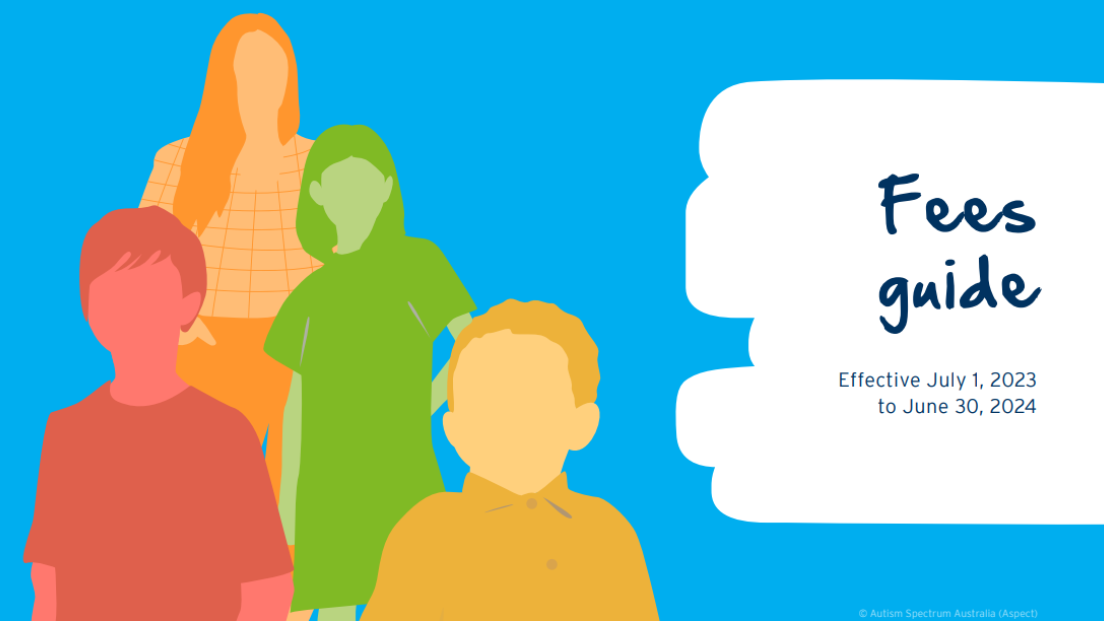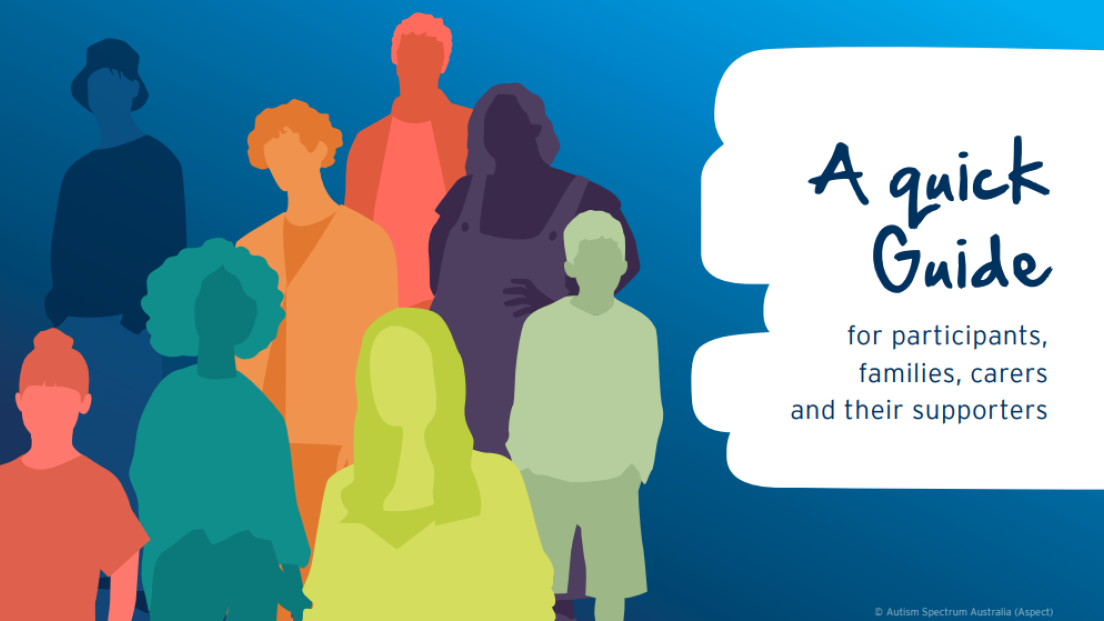Autism Assessments
These assessments can determine whether someone is on the autism spectrum (i.e. diagnostic assessment). A review assessment can be requested for individuals who have previously been diagnosed, but are now wanting an updated assessment and additional information (e.g. to assist with funding applications or support planning) (i.e. review assessment).
Autism Assessments
The process of getting an autism assessment typically involves one-on-one assessment, interviewing parents/carers/family members (as appropriate), and gathering background information through reviewing past reports or speaking with teachers/therapists. In addition to diagnosing autism, the assessment provides information about strategies and supports that may be of assistance. The report provided after the assessment contains a summary of the assessment process and can assist in supporting planning and applications (e.g. NDIS).
Autism assessments can also be helpful for individuals who already have a diagnosis of autism but are needing more information for applications (e.g. NDIS) and support planning (i.e. review assessment). Review autism assessments can be particularly useful at times of transition (e.g.: starting primary school or high school, preparing to leave school). The focus of the autism assessment in this context is on providing current information about social skills, behaviour, everyday living skills, and current support needs. A comprehensive report is provided after the assessment.
An autism assessment takes around 4 to 6 hours and is typically conducted over the course of one day. Verbal feedback is generally provided on the day of the assessment, although will be provided on an alternate date if the clinician needs to seek additional information. A comprehensive report outlining the assessment results and recommendations is provided within 4 to 6 weeks of the assessment appointment.
The assessment tools that we use in an autism assessment may include:
- Comprehensive parent or carer interview using the Autism Diagnostic Interview-Revised (ADI-R) (where appropriate)
- Clinical interviews as appropriate (e.g., Autism Clinical Interview for Adults; ACIA)
- Formal observation, using tools such as the Autism Diagnostic Observation Schedule (ADOS2) or the Monteiro Interview Guidelines for Diagnosing the Autism Spectrum, Second Edition (MIGDAS-2)
- Assessment of functional skills (everyday living skills and independence)
- A feedback session outlining the assessment outcomes, including an opportunity for questioning and clarification
- Recommendations for support and follow-up
- Written report
The clinician will select the most appropriate assessment tools for the individual’s situation and presentation.
Autism assessments can be conducted face-to-face in one of our clinics (Chatswood, Baulkham Hills and Alstonville) or nationwide via Telehealth.
Cognitive (IQ) Assessments
These help to determine an individual’s learning capability by identifying cognitive strengths and weaknesses, and can assist with the development of individualised support and learning plans.
Cognitive Assessments
Cognitive assessments are often requested by schools in order to provide additional information about support needs prior to school entry, and are helpful if there are concerns about an individual’s learning abilities or capacity to be independent.
A cognitive assessment generally takes between 1 hour and 1 hour 30 minutes. We use the Wechsler intelligence scales, with the exact assessment depending on the individual’s age:
- Wechsler Preschool and Primary Scales of Intelligence- Fourth Edition, Australian Adaptation (WPPSI-IV): for children aged 2 years, 6 months to 7 years, 7 months.
- Wechsler Intelligence Scales for Children- Fifth Edition, Australian Adaptation (WISC-V): for children aged 6 years, 0 months to 16 years, 11 months.
- Wechsler Adult Intelligence Scale- Fourth Edition (WAIS-IV): for individuals aged 16 years to 90 years.
The activities involved vary depending on the individual’s age and include a series of tasks designed to provide insight into how a person thinks, reasons and processes information. Some of the tasks are pencil and paper-based tasks, while others involve completing puzzles, answering questions, and solving problems. Some of the tasks may be completed on an iPad.
We also include a measure of adaptive behaviour with all cognitive assessments. Adaptive behaviour refers to daily living skills i.e. what someone is able to do without the assistance of others. Understanding a person’s daily living skills assists with support planning and funding applications. This information is gathered via an online questionnaire, and the measures that we usually are the Vineland Adaptive Behaviour Scales- Third Edition (VABS-3) or the Adaptive Behaviour Assessment System- Third Edition (ABAS-3).
Cognitive assessments need to be conducted face-to-face in one of our clinics (Chatswood, Baulkham Hills and Alstonville), and are not available via Telehealth.
Assessments Via Telehealth
The Telehealth process is largely unchanged from face-to-face assessment. The only difference is that conversations will happen online rather than face-to-face. Please note only autism assessments can be conducted via Telehealth.
Telehealth Assessments
Telehealth uses digital technologies, like computers and mobile devices, to deliver health care services remotely. It is not new and is used widely for diagnosis and treatment in both medical and allied health services. Research into the use of Telehealth has indicated that it is a viable option, particularly in situations where access to face-to-face services is limited. Parents report a comparable level of satisfaction in the quality of Telehealth assessments compared to face to face.
For children under the age of 6 years, the assessment process has been adapted so that parents carry out some of the steps that Aspect staff would normally do in a face-to-face assessment. Parents are given clear instructions on how to set up the room and engage with their child. The child’s engagement and reactions will be observed in real time by the clinician.
The referral process and cost for Telehealth assessments are the same as face-to-face assessments as are the rebate options. Download our Aspect Assessments Fee Guide.
Adult assessments
The adult assessment process is largely unchanged from face-to-face assessment. The only difference is that conversations will happen online rather than face-to -face.
Child assessments
For children, the assessment process has been adapted so that parents carry out some of the steps that Aspect staff would normally do in a face-to-face assessment. Parents will be given clear instructions on how to set up the room and engage with their child. The child’s engagement and reactions will be observed in real-time by the clinician.
To be able to participate in a Telehealth assessment, you will need access to the internet and a laptop/computer/tablet/smartphone with microphone and camera.
Assessments Intake Process
To get the assessment process started, complete the intake form below. Once we have received the completed form, it will be reviewed by one of our clinicians and our assessment team will contact you to book an appointment.




